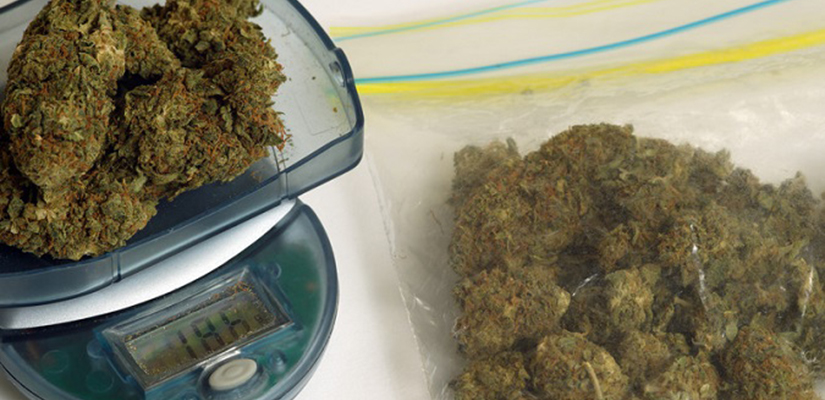Yesterday we began the first part in a series of blogs outlining California’s medical marijuana laws and how they conflict with Federal law. This has been an ongoing struggle for medical marijuana activists, and recent raids on prominent dispensaries have only raised more questions in the debate.
Dispensary owners are fighting a battle on two fronts. First and foremost, there is the federal government looming over their heads, as federal law still prohibits all marijuana growth and distribution.
Then there are local governments to deal with. Several municipalities throughout California are trying to circumvent medical marijuana laws by raising zoning and permit issues in an attempt to shut down dispensaries.
In order to fully understand the laws, our medical marijuana attorneys will try to answer two key questions for you.
1) To what extent do California’s medical marijuana laws preempt local regulation or prohibitions to storefront medical marijuana establishments?
2) To what extent does the federal CSA preempt local regulations that would allow medical marijuana establishments?
For the purposes of today’s blog, we will tackle question 1. Tomorrow we will deal with question 2.
There are several cases that have been heard in California’s appellate courts that specifically address the rights of local municipalities to “ban” medical marijuana dispensaries. Unfortunately, the courts have arrived at completely opposite and conflicting decisions on the issue, making things that much more murky.
In City of Riverside v. Inland Empire Patient’s Health and Wellness Center, Inc., Division Two of the 4th District Court of Appeal held that neither the CUA nor the MMPA preempt Riverside’s prohibition of medical marijuana establishments. The court stated: “Nothing… in the CUA and MMPA precludes… zoning ordinances banning medical marijuana dispensaries.”
The court held that the immunities from state criminal sanctions set forth in California Health and Safety Code Section 11362.775 do not shield dispensary operators from civil nuisance abatement actions or protect dispensaries that operate in violation of local zoning. The court further stated that “nothing in the CUA or MMP suggests that cities are required to accommodate the use of medical marijuana and medical marijuana dispensaries.
However, in City of Lake Forest v. Evergreen Holistic Collection, Division Three of the 4th District reached the opposite conclusion. The California appellate court for Orange County ruled that local governments cannot prohibit dispensaries altogether insofar as the state legislature allows them where medical marijuana is “collectively or cooperatively cultivated.”
“Under the city’s ban, a medical marijuana dispensary always constitutes a nuisance, though the legislature has concluded otherwise,” a unanimous three-judge panel said. “Because the city’s ban directly contradicts state law, it is preempted and furnishes no valid basis for a preliminary injunction in the city’s favor.”
The issues surrounding medical marijuana in Orange County and throughout the state have become a legal quagmire – one that the state’s supreme court has agreed to take on.
Our Orange County medical marijuana attorneys will be closely following the developments of the supreme court’s decision, stemming from cases involving four cannabis dispensaries. Two other cases could be lumped in as well, including the recent appeal of an Orange County decision which determined that municipalities aren’t allowed to ban pot stores, but the stores have to grow all of their product on site – something most have said is impossible.
In 2010, there was a ruling in the 4th District Court of Appeals, which held that Anaheim city officials weren’t allowed to ban dispensaries just because federal law considered them illegal.
Then you look at conflicting rules even originating from the same court. Last fall, the 2nd District Court of Appeals handed down a sweeping judgment, saying Long Beach city officials weren’t allowed to issue permits to marijuana dispensaries because federal law has deemed the drug unlawful. Any move by the city to regulate medical marijuana within its limits would be seen as violation of federal law. But then just last month, that same court tossed the convictions against the operator of a Hollywood marijuana club, deciding that he had been legally transporting more than a pound of cannabis from one dispensary to the other, which he was allowed to do under state law.
As a reporter for the Sacramento Bee so succinctly put it: The courts have a serious case of multiple personality disorder.
It could take as long as two years, if not more, to sort through the legal mess. In the meantime, that leaves patients and dispensary owners in the lurch, wary of attracting the ire of both state and federal authorities, and yet still wanting to practice their right to safe, legal access to medical marijuana.



